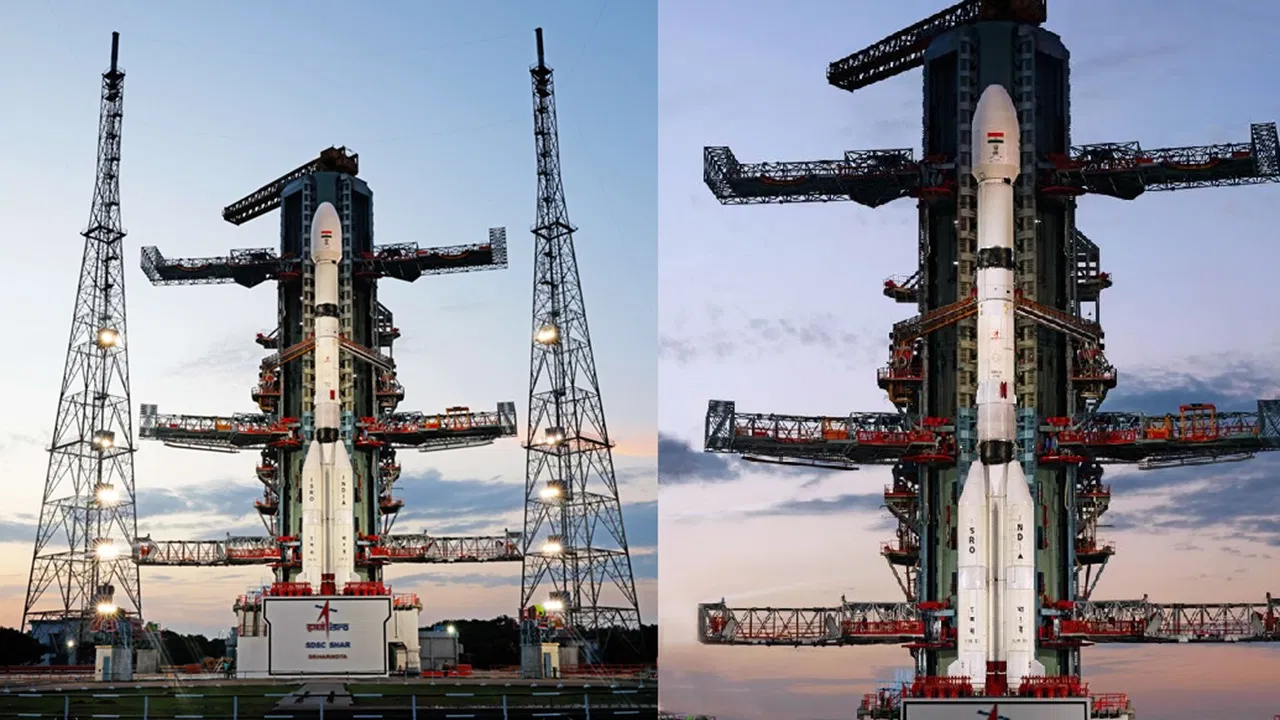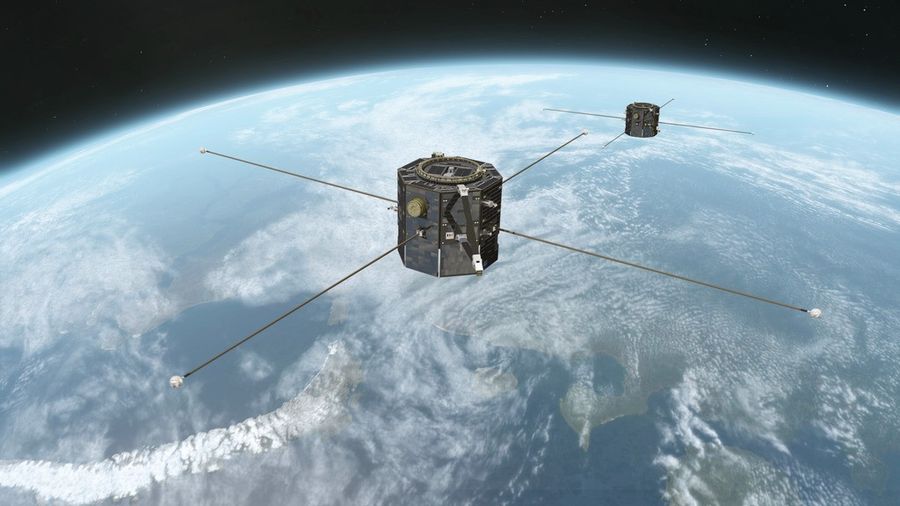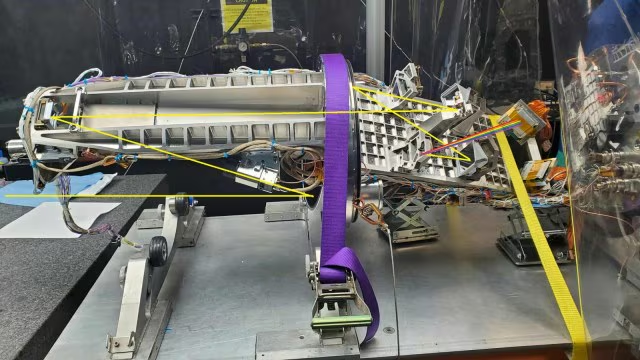Description
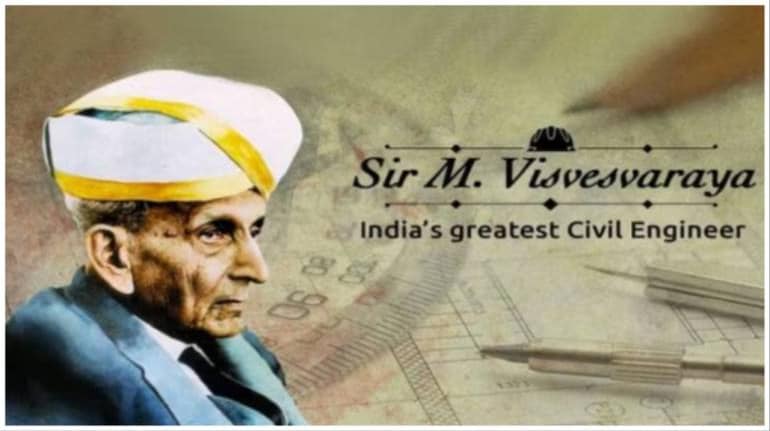
Disclaimer: Copyright infringement not intended.
Context
- Engineer’s Day is celebrated in India on September 15 every year to honour the contributions of Bharat Ratna Sir Mokshagundam Visvesvaraya, also known as Sir MV, who was born on this day in 1861.
- Sir M Visvesvaraya is regarded as one of the foremost civil engineers in the country.
Details
- Mokshagundam Visvesvaraya, commonly known as Sir M. Visvesvaraya, was an eminent Indian engineer, scholar, statesman, and the chief architect behind the construction of modern India.
- His contributions spanned various fields, including engineering, education, and public administration.
Early Life and Education
- Birth and Family Background: Visvesvaraya was born on September 15, 1861, in Muddenahalli, a small village in the state of Karnataka, India. He was born into a Telugu-speaking family.
- Education: He completed his early education in Chikballapur and Bangalore. Later, he pursued a degree in civil engineering from the prestigious College of Engineering, Pune.
Career Highlights
- After completing his engineering from the Poona College of Science, Visvesvaraya began his career as an Assistant Engineer in the Public Works Department (PWD) of the Government of Bombay at the age of 22. One of his early projects involved the construction of a pipe syphon across one of Panjra river's channels.
- In November 1909, he joined the Mysore service as Chief Engineer and eventually rose to the position of the 19th Dewan of Mysore.
- However, he took voluntary retirement in 1918 due to his disagreement with the proposal to reserve state jobs for the "non-Brahmin" community.
Engineering Contributions
- Irrigation Projects: Visvesvaraya's career started with the construction of irrigation systems in India. He designed and implemented various irrigation projects, including the famous Krishna Raja Sagara dam and Brindavan Gardens in Karnataka. These projects greatly contributed to agricultural development in the region.
- He introduced the block system of irrigation in the Deccan canals in 1899, addressing the issue of "muddy and discolored" water in Sukkur, a city on the banks of the Indus river. He also patented automatic gates designed to regulate the flow of water in reservoirs.
- Hydroelectric Power Generation: He played a pivotal role in the development of hydroelectric power in India. His work on the Bhadravati Iron and Steel Works in Karnataka led to the establishment of the first hydroelectric power station in the country.
- Mysore State Planning: As the Dewan (Prime Minister) of the princely state of Mysore from 1912 to 1918, Visvesvaraya implemented several progressive policies, including planned urban development, industrialization, and education reforms. His efforts transformed Mysore into one of the most industrialized states in India at the time.
- Visvesvaraya's commitment to learning and innovation extended beyond India. During a visit to Italy, he studied soil erosion and irrigation systems, demonstrating his dedication to understanding and implementing the best practices from around the world.
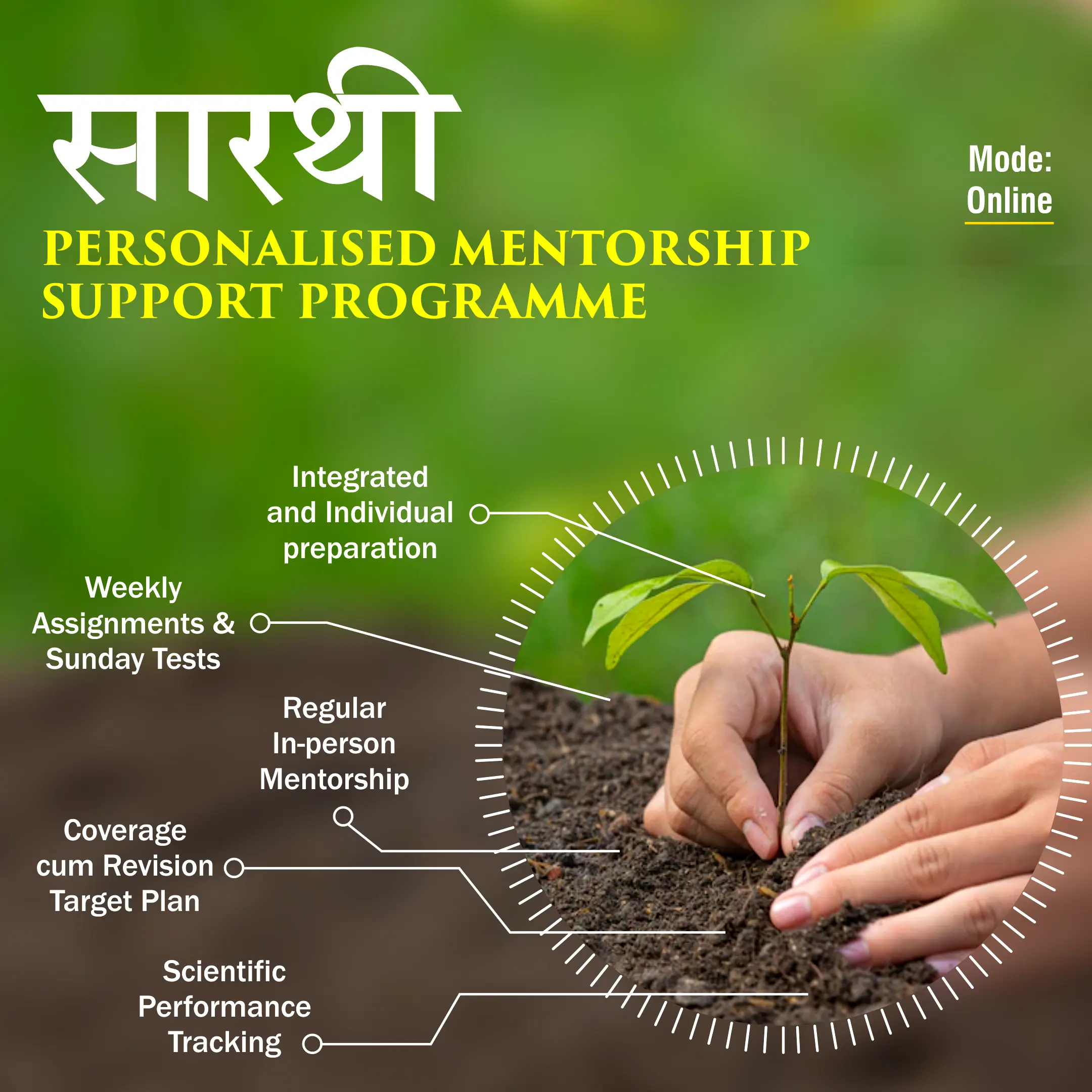
Legacy and Achievements
- Knighted by the British Crown: In 1915, Visvesvaraya was knighted by the British Crown, becoming Sir M. Visvesvaraya, in recognition of his outstanding contributions to engineering and public service.
- Engineer's Day: In India, Engineer's Day is celebrated on his birthday, September 15th, to honor his remarkable contributions to engineering and nation-building.
- Bharat Ratna: In 1955, he was awarded India's highest civilian honor, the Bharat Ratna, in recognition of his exceptional contributions to the nation.
- Author and Scholar: Visvesvaraya was a prolific writer and authored several books, including "Reconstructing India" and "Planned Economy for India."
- Education: He believed in the importance of education and was instrumental in the establishment of several educational institutions, including the Indian Institute of Science (IISc) in Bangalore.
Personal Qualities
- Work Ethic: Visvesvaraya was known for his unwavering commitment to his work, often putting in long hours and showing meticulous attention to detail.
- Integrity: He was a man of utmost integrity and ethics, which earned him the respect and trust of his peers and the public.
- Innovation: His engineering solutions were innovative and focused on sustainable development, which set the foundation for modern India's infrastructure.
Views on Progress and Education
- Visvesvaraya emphasized the importance of scientific precision, inventiveness, thoroughness, discipline, and modern civilization in achieving progress. He believed that India needed to adapt to the conditions of modernity to compete on the global stage.
- During his three-month visit to Japan in 1898, he recognized the critical role of education in driving economic growth. His memoirs, "Memoirs of Working Life," published in 1951, highlighted the disparities in education between India and Japan.
- As the Dewan of Mysore, Visvesvaraya was instrumental in the establishment of the University of Mysore in July 1916, aligning the institution's goals with the country's civilization and material prosperity.
Post-Retirement Contributions
- Even after retiring from state service in 1918, Visvesvaraya continued his work. He was involved in projects like the Mysore Iron and Steel Works and established the Sir Jayachamarajendra Occupational Institute in Bangalore in 1943.
- This institute, later renamed Sir Jayachamarajendra Polytechnic, aimed to provide specialized training to technicians, anticipating India's industrial development.
Authorship
- Visvesvaraya authored two important books, "Reconstructing India" and "Planned Economy of India," published in 1920 and 1934, respectively.
Conclusion
- Visvesvaraya's life and contributions exemplify the spirit of service, dedication, and innovation. He played a pivotal role in shaping India's infrastructure and economy during a critical period in its history. His legacy continues to inspire generations of engineers and remains an integral part of India's history and progress.
|
PRACTICE QUESTION
Q. Discuss the major contributions of Sir M. Visvesvaraya in civil engineering and administration during colonial India, and evaluate his impact on the country's progress and development (250 Words)
|
https://www.moneycontrol.com/news/trends/engineers-day-2023-internet-honours-sir-m-visvesvaraya-celebrates-engineers-11372301.html






